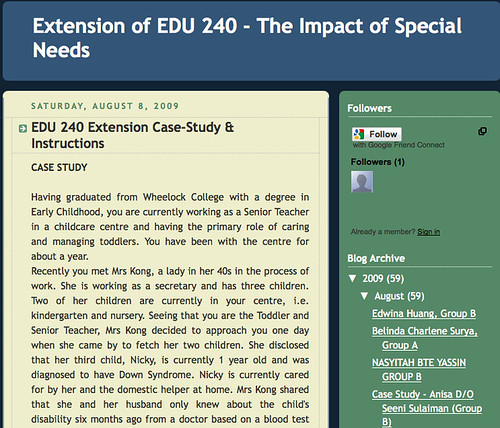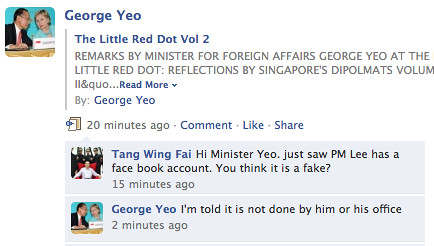This quote from the NYT article sums up the rationale of such an approach:
"... assigning books leaves many children bored or unable to understand the texts. Letting students choose their own books, they say, can help to build a lifelong love of reading."
The preceding paragraph quoted proponents of the traditional approach saying that assigning students what to read "builds a shared literary culture among students, exposes all readers to works of quality and complexity and is the best way to prepare students for standardized tests".
There are merits to assigned readings. It depends on the objectives. But the quoted arguments for the "teacher knows best" traditional approach seem weak to me.
A narrow list of reading materials, no matter how "good", has inherent limits on promoting a broad "literary culture". And what is a literary culture" anyway? One's ability to appreciate and analyse stories, or simply having the common experience of reading (maybe hating) the same text? "Quality" is also subjective (whose standards -- the student or the teacher?) And tests can always be redesigned and still have some degree of standardisation.
What I agree is on the complexity of the chosen book. Complexity could be in terms of ideas, plots and sub-plots, sub-texts, allegories and analogies, writing and language styles. For instance, E. M. Forster's The Machine Stops and Frank Herbert's Dune are both considered Sci-Fi classics, and could be said to relate to human society and relationships. But Dune is a lot more complex and detailed, with much more depth in the characters and plot.
Overall, if we are talking about students between the ages of 13 to 16 (i.e. teens), my sense is that complexity is less of an issue compared to getting them excited about reading. The bigger problem is getting students genuinely interested in reading, in the context of the classroom.
Perhaps a hybrid approach could be adopted: students get to propose their text and teachers, with the school librarians, would evaluate what the students proposed.
Which also means there should be some guidelines or criteria on what is deemed as appropriate selections and what is not. Make such guidelines available, so that students can evaluate and justify their selections. In that sense, their learning begins even before the class formally starts.
The best guidelines would have some degree of subjectivity. So in cases where teachers and students choices don't agree, students should be allowed to discuss options with the teacher. The discussion process would allow teachers to evaluate the students reading and analytical abilities.
So I feel Ms. McNeill is definitely on the right track, where motivating students to read is concerned.
And if students are motivated to read, then they are more likely to learn better.






